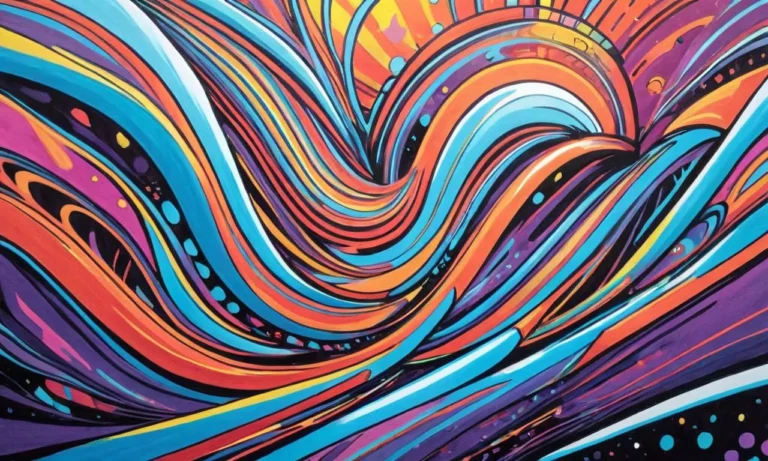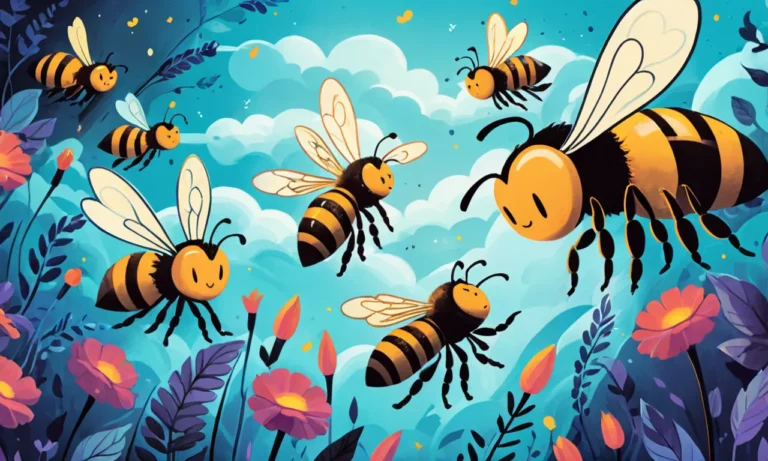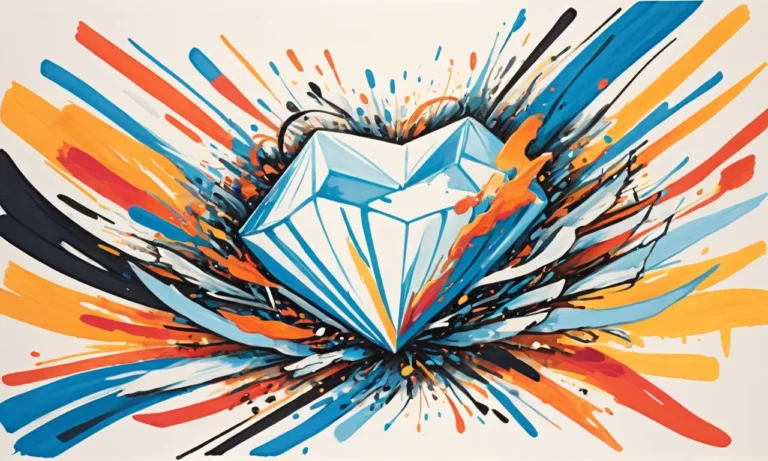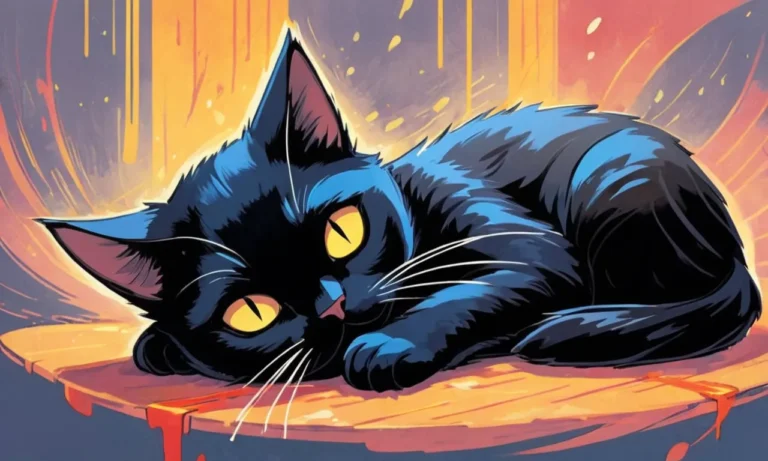What Do Horse Dreams Mean?
Have you ever wondered what your horse might be dreaming about when they’re fast asleep in their stall or paddock? Just like us humans, horses also experience dreams while they’re slumbering. But, what do these dreams mean? Let’s explore the fascinating world of equine dreams and the messages hidden within them.
Understanding Horse Dreams: A Quick Overview
Dreams are a natural part of your horse’s sleep cycle, just like they are for us humans. They help process information from their daily experiences, consolidate memories, and maintain overall mental health.
Horses typically dream during their Rapid Eye Movement (REM) stage of sleep, which is similar to how we dream during our REM cycles. It’s essential to remember that not all dreams have deep meanings; sometimes, they’re just your horse’s way of working out any stress or anxiety they might be feeling.
The Signs of a Dreaming Horse
When horses dream, their body movements can often resemble the actions they performed during the day. You may see your horse moving its legs as if it were walking, trotting, or even galloping. They might also snort, twitch their ears, or whinny softly while dreaming. These signs indicate that your horse is experiencing a vivid dream and should not be disturbed.
Common Horse Dream Themes: What Do They Mean?
Now that we know horses do indeed dream let’s take a look at some common themes in their dreams and what they might signify.
1. Chasing or Running
If your horse is dreaming about running or being chased, it could indicate that they feel stressed or anxious about something in their environment. This may be due to changes in their routine, new surroundings, or even a lack of social interaction with other horses. Address these issues by providing consistency, familiarity, and companionship for your horse.
2. Eating Grass or Hay
Horses often dream about eating grass or hay because this activity is a significant part of their daily routine. This type of dream might not hold much symbolic meaning but rather serves as a reminder of the comforts of home and familiarity.
3. Play Fighting with Other Horses
Play fighting dreams can signify that your horse is feeling socially engaged and content within its herd. It’s essential to ensure that your horse has ample opportunities for social interaction, either through turnout or regular playtime with other horses.
4. Being Chased by Predators
While less common than chasing dreams, some horses may dream about being pursued by predators such as coyotes or mountain lions. These dreams can indicate fear or insecurity related to their environment or experiences. If you notice this type of dream recurring, consider consulting with a veterinarian or animal behaviorist to address any underlying issues.
5. Exploring New Territories
Dreaming about exploring new territories might suggest that your horse is curious and eager to learn more about its surroundings. This dream could also indicate that your horse feels restricted in its current environment and yearns for more freedom and space to roam. Consider providing additional turnout or enrichment opportunities to satisfy this desire.
How to Interpret Your Horse’s Dreams
As with human dreams, it can be challenging to pinpoint the exact meaning behind each dream your horse experiences. However, by paying attention to patterns and recurring themes in their dreams, you may gain valuable insights into your horse’s emotional well-being.
Here are some tips for interpreting your horse’s dreams:
- Observe their body language: Pay close attention to how your horse behaves during and after their dream episodes. This can provide clues about what they might be experiencing in their sleep.
- Take note of any changes in behavior or mood: If you notice that your horse seems more anxious, stressed, or fearful after having particular dreams, it could indicate that these dreams are reflecting underlying issues that need to be addressed.
- Communicate with your veterinarian or equine professional: If you’re concerned about the content of your horse’s dreams or suspect they may be indicative of a more significant problem, discuss your observations with a trusted equine professional. They can help guide you in identifying potential causes and solutions.
Conclusion
While we may never fully understand what goes on in our horse’s minds while they dream, recognizing common themes and patterns can provide valuable insights into their emotional well-being. By paying close attention to your horse’s dreams, you can better support their mental health and ensure they lead happy, fulfilling lives.






